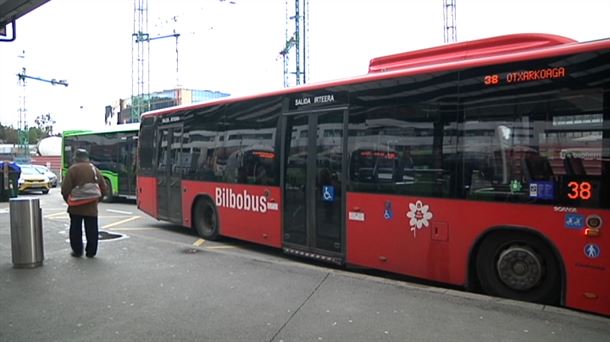The government advises to review the entry or exit routes to the already contracted country or the plans for this month due to the strikes at the airports and the Eurostar
UK Home Secretary Suella Braverman has warned those planning to fly to the UK or from British territory this Christmas to “check them carefully”, following the announcement of strikes by passport control staff at the airports. It is another of the work stoppages that will be deployed in important services in the coming days.
The strike of about a thousand employees of the state agency ‘Border Force’ (Border Force) affects flights between December 23 and 26 and between December 28 and 31. It affects Birmingham, Cardiff, Gatwick, Glasgow, Heathrow, Manchester and New Haven airports. Spokesmen for Stansted, which has frequent connections to Spanish airports, advise passengers to inform themselves about possible changes in the near future.
The impact on the affected borders is not clear. The government is training some 2,000 civil servants, including 600 Royal Air Force soldiers, to fill in absentee workers and stream passengers through identity checks. Employees of a baggage handling company in Heathrow are also planning a three-day strike starting on the 16th.
Eurostar, which connects London to other European capitals via the tunnel under the English Channel, hopes that the negotiations in the company dealing with security issues at the London terminal of St. Pancras station will also be successful. Because the National Union of Transport, Railroad and Maritime Workers (RMT) is basically maintaining its own strikes for days 16, 18, 22 and 23.
RMT and other transport workers unions have called for strikes on trains, subways and buses from 13. The already long campaign of protests appears stalled. There is an agreement in principle with the companies in the sector on salary increases of 8% or 9% over the sum of two years, but the government, which manages a large part of the railway concessions, demands that reforms implying reforms be included in the agreement template reduction.
Border Force employees are represented by the Public and Commercial Services Union (PCSU), and its leaders point out that there has never been more support for a strike vote in its history: 86.2%. The law requires at least 50% of employees to vote. The union has programmed similar protests in other areas of public administration.
A strike by Royal Mail employees began this Friday as the traditional postal service was now turned into a multinational postal and courier service. The Royal College of Nurses has called for the 15th, the first strike in its history. On the 20th they repeat the protest and that day it is possible that there will also be a strike in the ambulance service.
Prime Minister Rishi Sunak has hinted he is ready to introduce a law banning strikes by emergency services. At the moment, only members of the police and army are unable to attend. In his last days as head of government, Boris Johnson already wanted to respond to the mobilizations in the rail sector by annulling the law that prohibits the replacement of striking workers by temporary workers.
The rise in the cost of basic consumption, ending a long decade of diminished purchasing power of public sector workers, is provoking all this succession of protests. The government describes trade union leaders as ‘Marxist’ or manipulative, but the image of the average worker who joins a British trade union today is that of a white woman in her 40s with a university degree.
Source: La Verdad
I am an experienced and passionate journalist with a strong track record in news website reporting. I specialize in technology coverage, breaking stories on the latest developments and trends from around the world. Working for Today Times Live has given me the opportunity to write thought-provoking pieces that have caught the attention of many readers.



